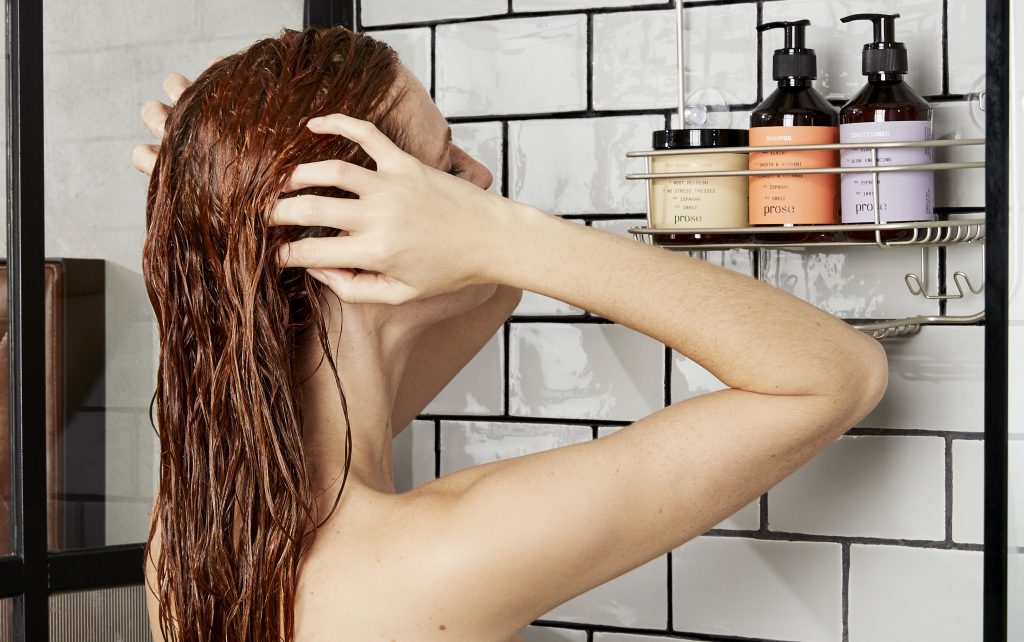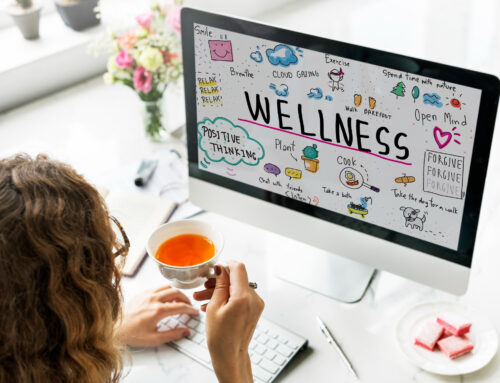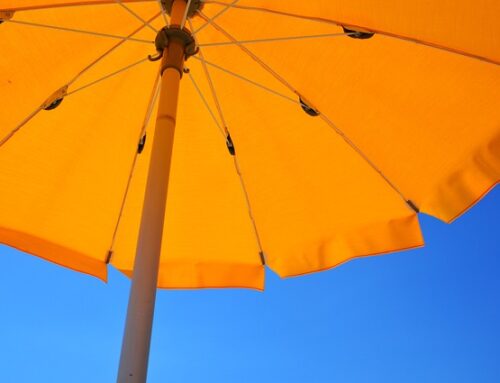Pollution is getting adverse day by day and is affecting our lives badly. It’s not only giving rise to diseases but also hampering our skin, hair treatment, and other things. Pollution is one of the deadliest enemies of skin and hair. Rising pollution levels result from long-established industries, vehicle emissions, and cigarette smoking. Chemical damage to the hair can result from exposure to pollution. The hydrophilic hair surface niche is affected, the hair protein is degraded, and the hair cuticles are harmed.
A recent study found that prolonged exposure to pollutants has adverse effects on the stratum corneum (the outer layer of skin), increases the severity of wrinkles and fine lines, and alters the composition of natural sebum production. These arising issues alone should help you comprehend how harmful pollution is for our skin, hair, and overall health. We must take the proper safeguards to defend our skin and hair from this natural foe.
Air pollution can also impair one’s scalp and hair, and every little particle of ash, dust, smoke, and gaseous pollutants can irritate and harm the hair and scalp. Here are some of the top hair care recommendations for today’s pollution:
1. Cover your hair with a wrap or scarf
Researchers discovered that UVB radiation, an environmental stressor, damages the proteins in our hair. In contrast, UVA radiation can change the color of our hair, and pollution can lead to hair loss and thinning! So, if you’re planning to go outside and take advantage of the lovely springtime weather, make sure to accessorize with a nice hat or head wrap for optimal hair protection! As wearing a cap or scarf over your hair to prevent it from coming into contact with dust and other airborne pollutants. Keep your hair in place, or use a hairband to pull it back.
Covering your hair is not only applicable to natural hair. In addition to the natural hair, you must also cover transplanted hair if you have one. Your implanted hairs are still recovering delicately after a hair transplant, making them more prone to injury. You can shield the sun, wind, and other elements that might harm your implanted hairs by wearing a hat. You must go to your trusted hair transplant clinic after the procedure to learn how to care for it.
2. Wash your hair in a systematic manner
Most people wash their hair once a week, and some even wash it twice. However, if you start to go for extended periods between washes, your hair may get greasy, stinky, unclean, and lifeless. Wash your hair daily because the pollutants sit on the hair’s cuticle and are simple to remove with water. Additionally, daily hair washing can prevent dandruff and an itchy scalp. Use gentle, sulfate-free shampoos to remove the product from your hair. If you must wash your hair every day, concentrate the shampoo on the scalp. After rinsing, use conditioner to rehydrate the hair from the middle to the ends.
3. Don’t use mechanical equipment on your hair
Using hairstyles to achieve the desired look is simple and quick. Furthermore, it’s the best approach to appear good. According to estimates, the average woman changes her hairstyle 36 times throughout the course of her lifetime using hair straighteners, blow dryers, curling irons, or any combination of these. Hair exposed to high pollution levels is more prone to damage, brittleness, and split ends. Therefore, using mechanical appliances like a hairdryer, straightener, or curling tongs might exacerbate hair damage. The least you can do to prevent harm to your hair, which is already being impacted by environmental contaminants, is to refrain from using mechanical instruments.
4. Regular spa or deep conditioning:
Healthy hair must have the proper amount of moisture as a result, deep conditioning is beneficial in this regard. Deep conditioning should be a regular part of most people’s hair care regimens because it supports customers’ hair health, moisture, strength, and overall appearance. It is advised to deep condition your hair or get a spa treatment once a week to help repair damage and hydrate your hair. Your hair’s moisture and hydration are restored after being depleted by pollution after deep conditioning. The natural scalp oil and moisture that have been lost can be restored with frequent spa visits. During times of pollution, it’s crucial to maintain your locks fed with high conditioning and spas.
Through hydration, texture, and penetration of the hair shaft, it can aid in preventing damage to the hair. Even for hair that isn’t specifically damaged in the first place, it will assist in preserving overall health by preventing breakages and split ends.
5. Hair Serum
Hair serum is essential for the maintenance and hydration of the hair. Yes, volatile oil extracts are present in hair serums. The smoothness and health of the hair are therefore maintained. It not only nourishes the hair but also gives it strength and radiance. Apply a hair serum daily to shield the hair’s cuticle and surface. Applying hair serum on wet hair is excellent. Use a serum of 1-2 drops on medium-length hair. Apply the serum evenly to the waist and some deals after thoroughly rubbing it between your palms. Be careful not to use too much serum since this could result in greasy, oily hair.
6. Include a Deep Cleaning Treatment
We are all aware that a healthy scalp precedes healthy hair. However, you might be surprised to learn that product build-up, scalp oil, and pollution can cause our hair to lose up to 4% of its weight. We must start at the source if we want to combat the harm that build-up and air pollution due to our hair. Adding a clarifying scalp cleanser to your pre-shampoo routine can assist in removing this excessive accumulation of oil and impurities while also calming the scalp to lessen inflammation. The massaging applicator on our New Dawn Activated Charcoal Scalp Cleanser helps to sweep away extra build-up, leaving your scalp clean and revitalized—without drying it out!
7. Style Your Hair in a Loose Braid or Twist
When we tie back our hair, less of it is exposed to air pollution and airborne allergens. Less access to our strands means less accessible surface area! Consider pulling your hair back loosely to shield it from air pollution. For the best results, knot your low buns, braids, and twists loosely to prevent breakage.
Conclusion
As we become older, we begin to consider how to support and safeguard our mature locks more and more. To best protect our hair, we know which ingredients to keep out of our daily hair care regimen. You can protect your hair from pollutants and maintain its health and lustre by taking a little additional care of them.







